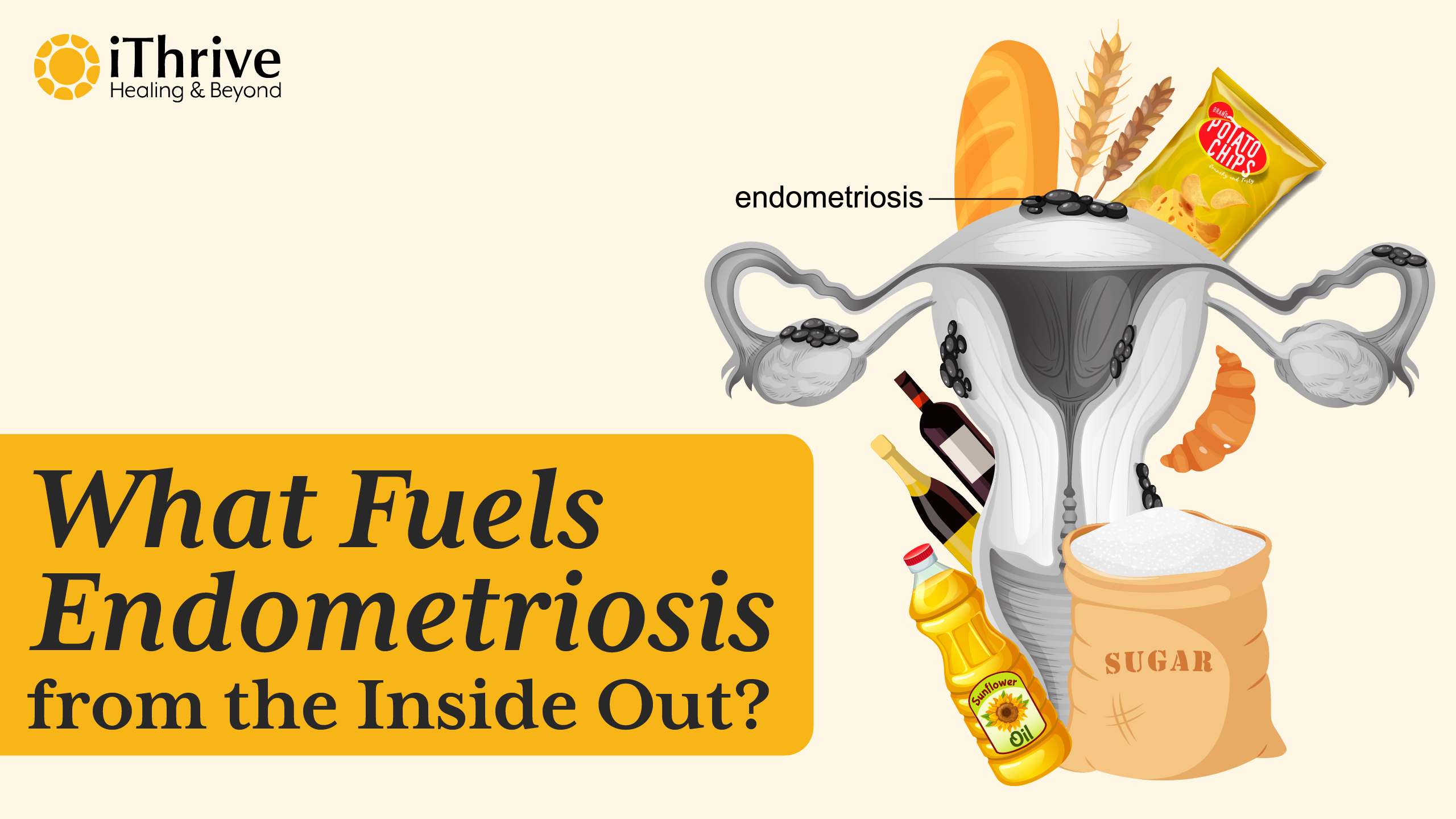Testosterone is a male sex hormone that is responsible for the development of primary and secondary sexual characteristics in men. It is produced primarily in the testicles, with small amounts also produced in the adrenal glands.
Testosterone plays a key role in the development of muscle mass, strength, and bone density, as well as the growth of body hair and the deepening of the voice.
In addition to its physical effects, testosterone also plays a role in regulating a man's sexual and reproductive function. It helps to maintain libido, sperm production, and erectile function.
Benefits of Having High Testosterone
- Better mood & Focus
- Increased muscle mass
- High energy
- Increased Drive
- Increase in fat loss
- Increased stress tolerance & lowered anxiety
- Increase in risk-aggressive behavior
- Increase in conscientiousness (work ethic)
Characteristics of Low Testosterone
Low testosterone is also known as hypogonadism. Some of the common symptoms of hypogonadism are:
- High Body Fat Percent: Low testosterone often leads to accumulation of fat especially around the waist resulting in an increased body fat percent
- Reduced Muscle Mass & Strength: Muscle maintenance and growth are primarily governed by testosterone levels. Low Testosterone can lead to muscle loss and decreased strength
- Erectile Dysfunction: Testosterone plays a key role in erectile function. Lack of testosterone makes it difficult to get or hold an erection
- Mood Swings: Low testosterone is linked with irritability, frequent mood swings, and poor concentration
- Decreased bone density: Low testosterone makes a person very prone to injuries and fractures because testosterone plays a key role in maintaining healthy bone density.
- Fatigue & Low Energy Levels: Testosterone regulates energy levels of our body and low levels of testosterone can lead to tiredness and fatigue in day-to-day life.
What Causes Decrease In Testosterone?
- Aging: As we age, our bodies produce less testosterone. This decline in testosterone production is a normal part of aging and usually begins around the age of 30. After the age of 40, testosterone levels can decline by as much as 2% per year.
- Obesity: Men who are overweight or obese may have decreased testosterone levels. This is because fat cells can convert testosterone into estrogen, which can lower overall testosterone levels. Additionally, obesity can cause inflammation, which can also lead to decreased testosterone production.
- Chronic illnesses: Certain chronic illnesses, such as diabetes and kidney disease, can lead to decreased testosterone levels. For example, high blood sugar levels associated with diabetes can damage the cells in the testicles that produce testosterone. Kidney disease can also affect hormone production, leading to decreased testosterone levels.
- Injury or Infection: Injury or infection of the testicles can lead to decreased testosterone levels. The testicles are responsible for producing testosterone, so any damage or infection can lead to decreased production.
- Medications: Certain medications, such as glucocorticoids and opiates, can lead to decreased testosterone levels. Glucocorticoids are a class of steroid hormones that can suppress testosterone production. Opiates, such as morphine and codeine, can also decrease testosterone levels.
- Genetic Disorders: Certain genetic disorders, such as Klinefelter syndrome and Hemochromatosis, can lead to decreased testosterone levels. Klinefelter syndrome is a genetic disorder that affects the development of the testicles, leading to decreased testosterone production. Hemochromatosis is a genetic disorder that causes the body to absorb too much iron, which can lead to damage of the cells in the testicles that produce testosterone.
- Testicular Disorders: such as undescended testicles or testicular cancer can cause low testosterone production as they can damage testicles or inhibit their function.
- Pituitary Gland Disorder: The pituitary gland is responsible for producing hormones that regulate testosterone production, such as luteinizing hormone (LH) and follicle-stimulating hormone (FSH). Any dysfunction or damage to the pituitary gland can cause decreased production of these hormones, leading to low testosterone levels.
Natural Ways To Increase Testosterone
1. Stress Management
Stress distorts the body's various biological functions; it disturbs the metabolism, sleep cycle but most importantly stress wrecks the body's hormonal profile. Our mood, energy, motivation, longevity and well-being are all maintained by your optimal hormonal profile.
The disruption in hormonal profile causes serious problems that can’t be detected until you get a bloodwork.
Basically, stress increases cortisol which has negative correlation with Testosterone.
Stress also increases the prolactin; prolactin is shown to inhibit testosterone, hyper-prolactin also causes erectile dysfunction.
2. Get a Lot of Sun Exposure
The most important factor of Testosterone synthesis is production of Vitamin D & maintenance of its ideal levels.
There’s a positive correlation between Vitamin D levels and Testosterone; Vitamin D synthesis is increased by UVB light of the sun. The sun's ultraviolet B (UVB) rays interact with a protein called 7-DHC in the skin, converting it into vitamin D3, the active form of vitamin D.
This D3 is also responsible for driving calcium into the bones. Viewing the Sun at sunrise and sunset for 2-3 minutes, and getting the ideal Sun for 20-30 mins of the day is very optimum for D3 production and entire hormonal profile regulation.
P.S. If due certain circumstances you’re unable to get sun exposure, we recommend supplementing Vitamin D3 + K2. Get it here: https://www.ithrive.shop/products/vitamin-d3-k2
3. Workout
Physical activity is the easiest way to increase testosterone. Avoid working out till failure, 70-80% of efficiency mainly compound lifts to drive maximum benefits. Make sure your workout sessions do not exceed over 75 minutes as it increases cortisol production throughout your body. For cardio, avoid rigorous overextending cardio. A slight jog of 20 minutes is optimum. If you combine lifting weights and cardio, do cardio after your workout.
4. Sleep
Inadequate sleep affects both how we feel and how we function
Some of the effects of poor sleep include:
- Risk of disorders including high blood pressure, Cardiovascular disease, diabetes, and obesity
- Higher risk of depression and anxiety
- Volatile mood, lethargy, and lack of motivation
- Decreased focus, memory, and cognitive abilities
- Decreased muscle-mind coordination, athletic performance, and higher rates of accidents
- Lower levels of self-control, high irritability, and more relationship problems
- Inability to manage stress– small problems will begin to feel like much larger problems
- Frequent colds, overall low immune function
- Decreased sex drive and erectile dysfunction for men
How To Optimize Your Sleep?
- Sleep and wake-up at a specific time
- Avoid blue-light after sunset or use blue blockers
- The best bedroom temperature for sleep is approximately 19 degrees Celsius. Sleep in a cold and dark room.
CONCLUSION
Testosterone is an extremely important hormone for normal functioning of men. There are tons of factors that are contributing to declining levels of testosterone today and it’s important to make conscious decisions to keep your health at optimal levels.
If you’re struggling with symptoms of Low testosterone and want a personalized strategy to get optimal levels sustainably, Book a consultation call with iThrive.
Visit https://consultation.ithrivein.com/ to know more.
Subscribe to our newsletter and receive a selection of cool articles every week





.png)


.webp)

.jpg)
.jpg)







